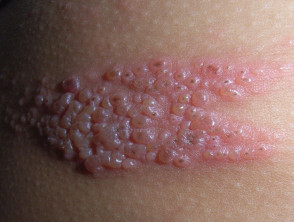Human Papillomavirus (HPV) Screening
Cervical cancer is the easiest female cancer to prevent, with regular screening tests and follow-up. Two tests can help prevent cervical cancer or find it early—
- The Pap test (or Pap smear) helps find precancers, cell changes on the cervix that might become cervical cancer if they are not treated appropriately.
- The HPV test checks for the virus that can cause these cell changes on the cervix. It may be used to screen for cervical cancer, with the Pap test, in women aged 30 years and older. It also may be used to provide more information when a Pap test has unclear results.
Currently, there is no routine screening test recommended for other HPV-related health effects, such as genital warts or other HPV-associated cancers (cancers of the vulva, vagina, anus, penis, and oropharnyx).
The Pap test does not screen for cancers other than cervical cancer.
Although there is no routine screening test for other HPV-associated diseases, you should visit your doctor regularly for checkups.
Source
Centers for Disease Control and Prevention
GeoSalud, january 23, 2014
Related topics:
-
Human Papillomavirus
-
Human Papillomavirus Vaccines: Questions and Answers
-
Human Papilloma Virus Signs and Symptoms
-
Human Papillomavirus Screening
-
Cervical Cancer Screening Tests
-
What Does My Pap Test Result Mean?
-
What Does My HPV Test Result Mean?
-
HPV Test FDA's Approval
-
Human Papillomavirus Treatment
-
Human Papillomavirus Prevention
-
Human Papillomavirus and Men
-
HPV and Men
-
Human Papillomavirus Infection Treatment
-
Human Papillomavirus and Genital Warts
-
Human Papillomavirus Associated Cancers
United States, 2004–2008 -
Preventing Cervical Cancer Worldwide (PDF document)






